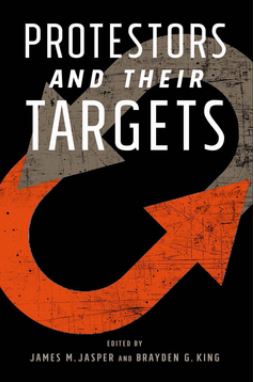Juan Cruz Ferre wrote a piece titled “Four Strategies for Socialism” in the Left Voice online magazine.
How can we beat capitalism? A comparison of reformism, autonomism, Maoism, and revolutionary socialism.
A new socialist movement has taken off in the U.S. with tens of thousands joining political organizations to fight against capitalism. Some of them understand socialism as more or less what Nordic European countries have, that is, not really socialism, but capitalism with a comprehensive welfare system. Yet many new socialists are actually fighting for a qualitatively different economic system, one in which there is no longer exploitation of the majority for the accumulation of wealth of the very few, a classless society. That is the meaning of socialism.
The question is, How do we get from A to B? What paths are there available for those of us fighting capitalism? Socialists have debated strategy for over 200 years, and history provides us with valuable lessons.
Toward the end of the 18th century, utopian socialists were convinced that sheer will and collective agreement was enough to begin building a socialist society. It was Marx and Engels who, based on the understanding that class struggle is the real engine of history, identified the working class as the leading agent in the fight for socialism, the revolutionary subject.
For socialists, the question of strategy is just as important as the question of program (what we fight for). This was evident in the writings of those Marxist theorists who were also party leaders, political militants waging themselves the war against capitalism. But as Perry Anderson notes, Marxism became increasingly divorced from political practice after the 1930s. The defeats of revolutions in Germany, Italy, and Spain pushed the discipline away from strategic debates. Marxism found asylum in academia, and the topics it analyzed mutated accordingly.
It is for this reason that the works by Marx and Engels, Lenin, Luxemburg, Gramsci, and Trotsky, among others, still contain so many valuable lessons — they represent the high point of Marxist strategic thought.
A new generation of socialists is having its first experiences with party politics, electoral campaigning, and state repression. It is important for young socialists to study, learn, and debate strategy because a failed strategy can squander decades of organizing, resources, and lives. I will discuss four strategies that, in one way or another, have some traction on the U.S. left today.





Recent Comments